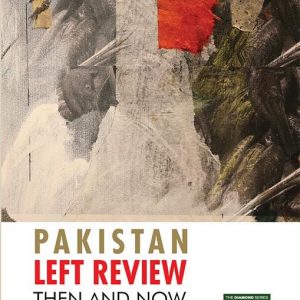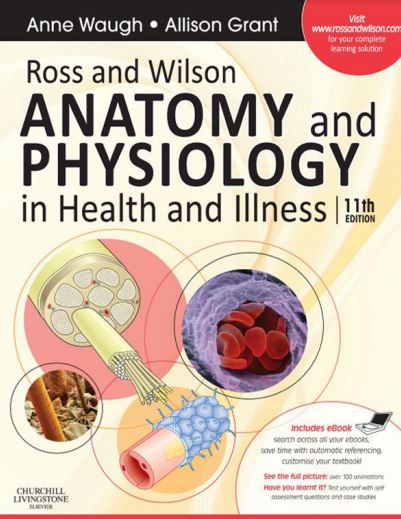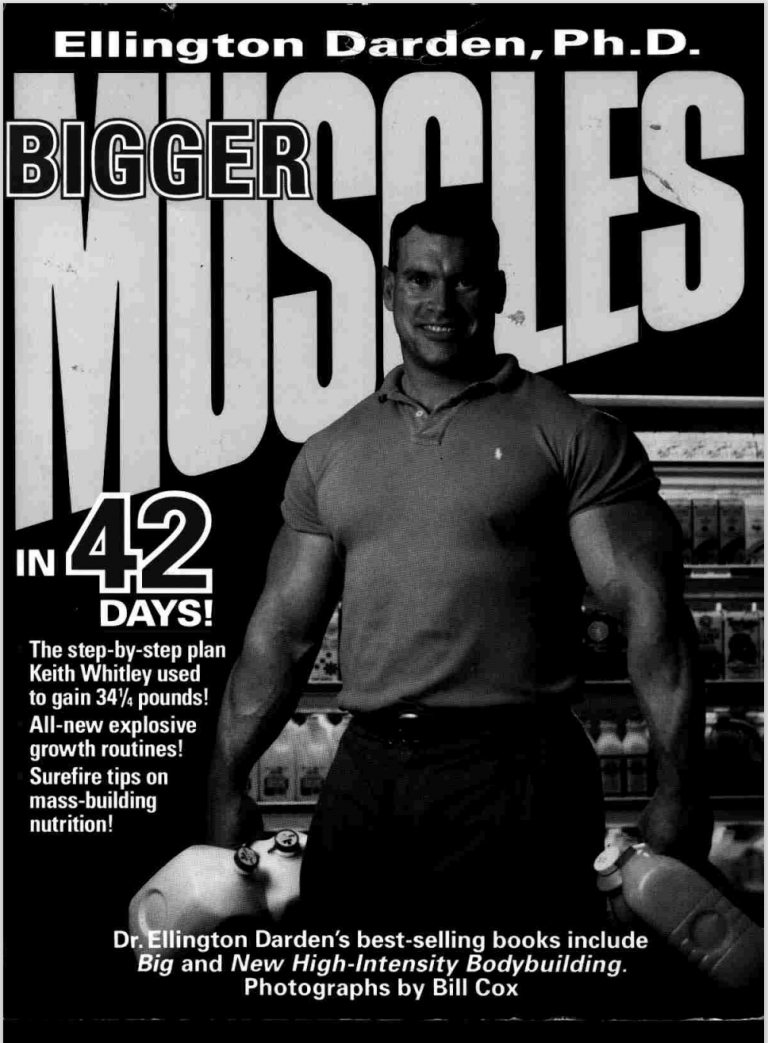Showing the single result
-
Sale!

PAKISTAN LEFT REVIEW: Then and Now By Nadir Cheema and Stephen M. Lyon
$85.00$75.00PAKISTAN LEFT REVIEW: Then and Now
Edited by Nadir Cheema and Stephen M. LyonThis volume places the spotlight on an important moment in history. The late 1960s was a time of profound change around the world, and the contributions included here from Pakistan’s leftist intellectuals based in London, speak volumes about the implications of the turbulence and the promise for a better future in relation to Pakistan. More than five decades on, the promise of a better tomorrow looks as far away as ever, but the turbulence has returned with a vengeance. The newly written contributions reflect on the significance of this leftist journal at the time and the impact of those ideas and discourses on the politics that came to be.
Challenging the triumphant narratives of global capitalism long before the current impasse created by the mantra of neoliberal market fundamentalism, the essays reproduced here from the PLR underscore how critical intellectual engagement with history and other social science disciplines can offset the disillusionment and lack of direction in our increasingly troubling present. An overture to a fairer and more equitable deal for the disempowered and exploited, the volume is a must read for anyone interested in the history of the left in Pakistan.
Professor Ayesha Jalal, Tufts University
By excavating a sliver in the rich but largely neglected history of revolutionary internationalism in Pakistan and the diaspora, Lyon & Cheema provide hope that new potentialities of left politics can be crafted in our global present. Essential reading for young Pakistani progressives today who have otherwise limited exposure to historical lineages of the left. Learning about this past is the first step to carrying forward the left’s best traditions whilst also charting new futures for emancipatory thought and political practice.
Dr Aasim Sajjad Akhter, Quaid-i-Azam University
This important collection of documents, the Pakistan Left Review, contains a record of Pakistani global history in the progressive 1960s that is often missing from national archival records. It will be of interest to scholars and general readers alike.
Dr Anushay Malik, Simon Fraser University





